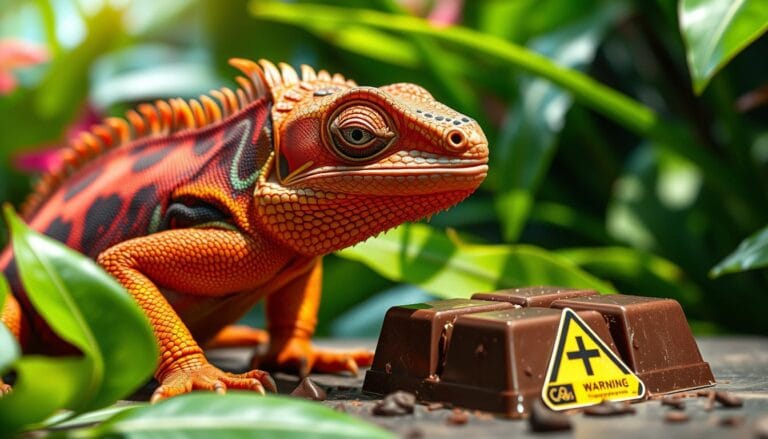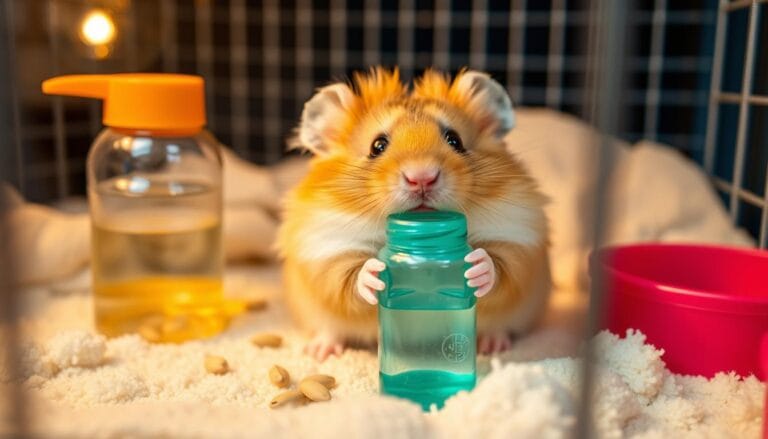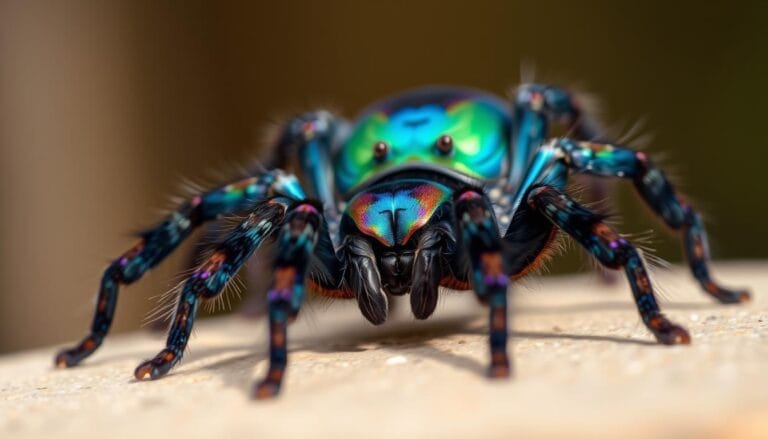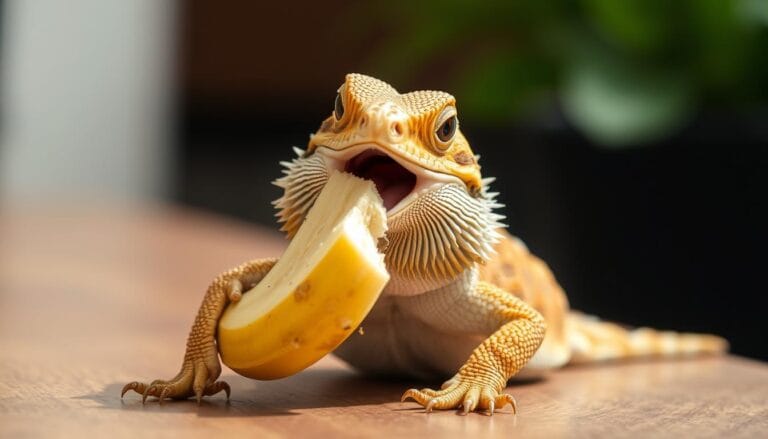Gota Visceral en Reptiles: Ultimate Guide to Unique Anatomy
When you explore reptile anatomy, you find unique traits that make them special. The gota visceral en reptiles is key to their health. It’s vital for anyone who loves or studies reptiles to know about it.
The gota visceral en reptiles is a critical part of their biology. Learning about it helps us understand reptile health better.
Table of Contents
Looking into the gota visceral en reptiles shows us how reptiles and their environment are connected. Studying reptile anatomy, including the gota visceral, has helped us learn more about them. As you dive into the gota visceral en reptiles, you’ll see its role in keeping reptiles healthy. You’ll also see what happens if we ignore this important part of their biology.
Key Takeaways
- Understanding reptile anatomy, including the gota visceral, is essential for reptile enthusiasts and researchers.
- The gota visceral en reptiles plays a critical role in their health.
- Reptile anatomy, including the gota visceral, is unique and fascinating.
- Exploring the gota visceral en reptiles offers insights into reptile health and biology.
- Reptile anatomy, including the gota visceral, is key to their well-being and preventing health problems.
- The study of reptile anatomy, including the gota visceral, has led to significant advancements in understanding these animals.
- Reptile enthusiasts and researchers must focus on the gota visceral en reptiles to give the best care and support.
Understanding Gota Visceral en Reptiles
As a reptile owner, you want to keep your pet healthy. It’s important to know about gota visceral en reptiles, or reptile visceral gout. This condition harms the internal organs of reptiles and can be serious if not treated.
Reptile visceral gout is a metabolic disorder. It causes uric acid to build up in the body. This can lead to crystals and stones in the kidneys, liver, and other organs. The green anole lizard and the Tropidurus oreadicus are often affected. Keeping your reptile healthy with a good diet and vet visits is key to preventing and treating this condition.
What Is Visceral Gout?
Visceral gout is when urate crystals build up in reptiles’ internal organs. This can cause inflammation, damage, and even organ failure if not treated. The exact causes are not fully known, but diet, genetics, and environment play a role.
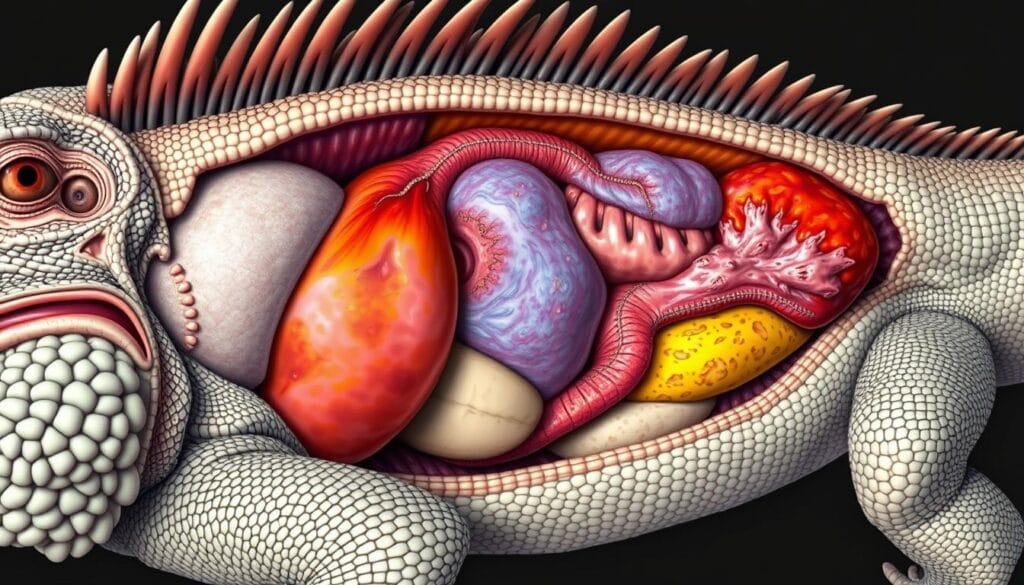
How It Affects Reptile Health
Reptile visceral gout can severely harm a reptile’s health. It can damage the kidneys, liver, and cause breathing problems. If you think your reptile has visceral gout, get vet care right away. A vet can diagnose and treat the condition to prevent further harm.
Common Species Affected
Some reptiles are more likely to get visceral gout, like the green anole lizard and the Tropidurus oreadicus. These species need extra care to avoid this condition. Knowing the risks and taking steps to prevent it can help keep your reptile healthy.
The Impact of Diet on Reptile Visceral Health
As a reptile owner, you are key to your pet’s health. A good reptile diet helps avoid gota visceral en reptiles. A balanced diet is vital for reptile health and can stop many health problems, like visceral gout. Research shows that about ten reptiles or amphibians a week are needed for a vet to get certified in reptile medicine.
A reptile nutrition plan should have different foods for all nutrients. The health of an animal is judged by “Good” and “Bad” days. More “Bad” days mean it’s time to see a vet. Reptiles can get gout, which affects organs or joints.
Here are some key factors to consider when creating a reptile diet plan:
- Diet and hydration
- Protein intake
- Environmental conditions
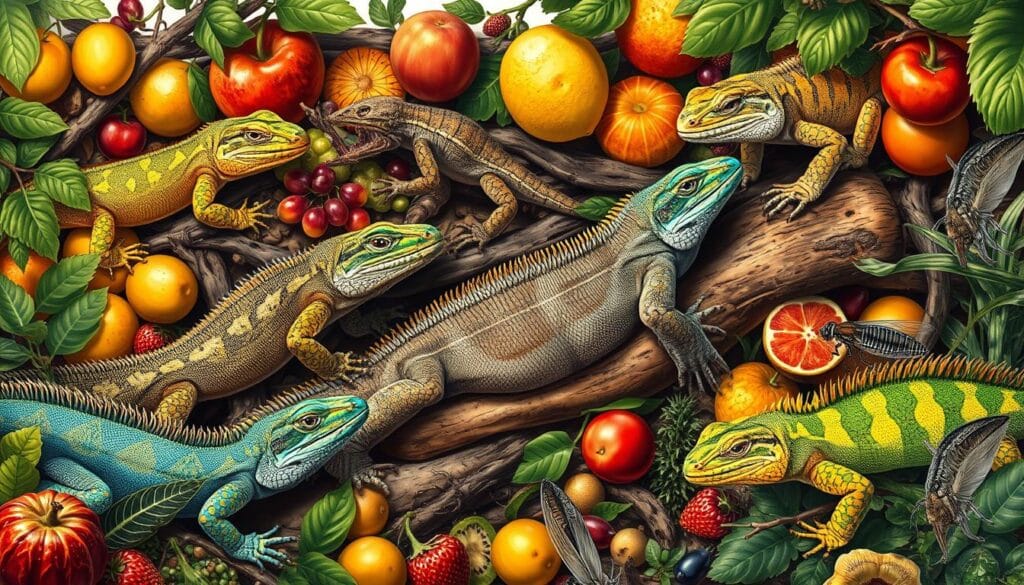
Understanding reptile nutrition and making a balanced diet plan is important. It helps prevent gota visceral en reptiles and keeps your pet healthy and happy. Always talk to a vet to find the best diet for your reptile, as each species has different needs.
Identifying Early Warning Signs
As a reptile owner, it’s key to watch your pet’s health closely. This helps catch any issues early. Gota visceral en reptiles is a serious condition that needs quick action. Regular vet visits can spot early signs of visceral gout.
Common signs of visceral gout include swelling, feeling tired, and not wanting to eat. Changes in behavior, like not basking as much or hiding more, can also be signs. If you see these signs, get your reptile to the vet right away.
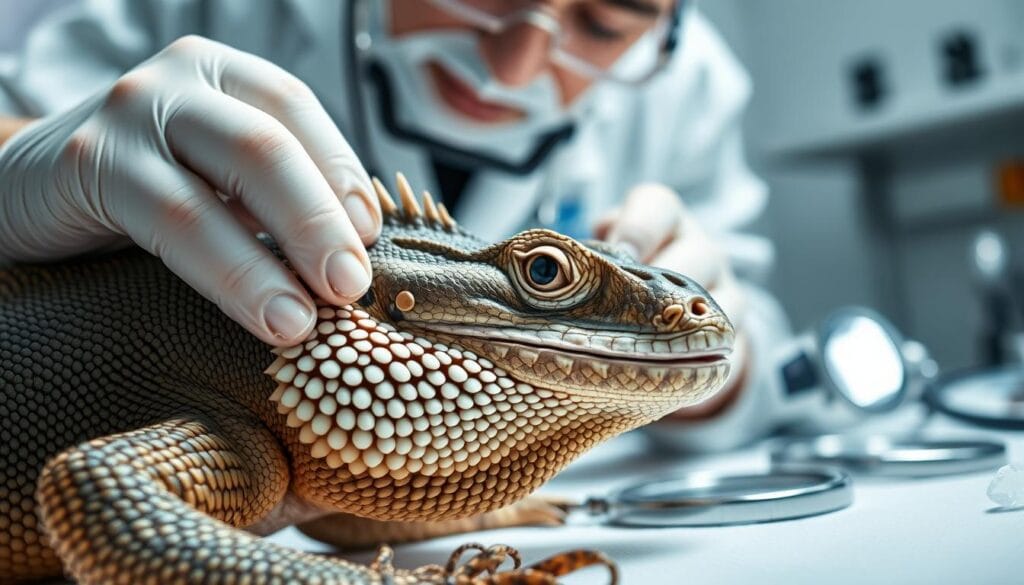
Working with a reptile vet is very important. They can tell you the best treatment and help you keep your reptile healthy. By staying alert and watching your pet’s health, you can avoid big problems. This way, your reptile can live a long, happy life.
Environmental Factors Contributing to Visceral Gout
The reptile environment is key to your pet’s health. Things like temperature, humidity, and lighting can affect gota visceral en reptiles. A naturalistic reptile habitat helps lower the risk of visceral gout.
Important environmental factors include:
- Temperature: Make sure it’s right for your reptile species
- Humidity: Keep it like their natural habitat
- Lighting: Give them a light cycle that feels natural
Knowing these factors helps you create a better reptile habitat. This reduces the chance of gota visceral en reptiles. Research your reptile’s needs and adjust their reptile environment as needed.
Treatment Options and Medical Care
When dealing with gota visceral en reptiles, reptile treatment options depend on how severe it is. It’s key to have a vet who knows reptiles to create a treatment plan just for your pet. Good reptile medical care is vital for your pet’s health.
In some cases, reptile medical care might include medicine to help symptoms and stop things from getting worse. Your vet might give medicine to lessen swelling, ease pain, and make your reptile feel better. It’s important to stick to the treatment plan and go to all follow-up visits to check on your pet.
- Medication to manage symptoms
- Fluid therapy to prevent dehydration
- Dietary changes to support overall health
By teaming up with your vet and sticking to a detailed treatment plan, you can help your reptile get better from gota visceral en reptiles. They can then live a long, healthy life. Remember, reptile treatment and reptile medical care are key parts of being a responsible reptile owner.
Dietary Management for Prevention
Dietary management is key in preventing gota visceral en reptiles. A balanced diet is vital for reptile health and disease prevention. Understanding your reptile’s nutritional needs is essential for its well-being.
A good reptile diet includes a variety of foods. Leafy greens and fresh fruits are great additions. But, it’s important to know what your reptile species needs. Some need more protein, while others need more fiber.
- Provide a varied and balanced diet that meets your reptile’s nutritional needs.
- Avoid foods that are high in fat and sugar.
- Ensure access to fresh water at all times.
By following these guidelines, you can prevent gota visceral en reptiles. This will help keep your reptile healthy and thriving.
Creating the Optimal Habitat for Reptile Health
To keep your reptile healthy, it’s important to create the right reptile habitat. This means making it like their natural reptile environment. You need to get the temperature, humidity, and lighting just right.
Every reptile is different, so their habitat needs vary. Some like it humid, while others prefer it dry. Knowing what your reptile needs is essential for a healthy reptile environment.
Here are some important things to think about when setting up the best reptile habitat:
- Temperature gradients to help your reptile control its body heat.
- Good lighting, including UVB, for calcium and to avoid bone disease.
- Humidity levels that match their natural reptile environment.
By focusing on these details and making a natural reptile habitat, you can avoid health problems like gota visceral en reptiles. This way, your reptile can live a happy and healthy life.
Long-term Care and Monitoring Strategies
As a reptile owner, it’s key to focus on long-term care and monitoring. Regular vet visits can spot problems early. This is vital for reptiles at risk of gota visceral en reptiles, a serious condition.
A good reptile care plan includes diet, hydration, and a clean space. Working with a vet helps create a care plan that fits your reptile’s needs. Important long-term care steps include:
- Regularly check your reptile’s weight, appetite, and stool
- Feed a varied, nutritious diet that meets their needs
- Keep their environment clean and safe, with the right temperature and humidity
By following these tips and consulting with a vet, you can ensure your reptile’s health. Remember, each reptile is different. Tailor your reptile care plan to their unique needs. With proper care and monitoring, you can prevent gota visceral en reptiles and keep your reptile happy and healthy.
Conclusion: Ensuring Your Reptile’s Visceral Health
Keeping your reptile healthy is key to their happiness and long life. A good home, the right reptile diet, and regular veterinary care are essential. These steps help avoid gota visceral en reptiles and other diseases.
Regular health checks and quick action on early signs are vital. This way, your reptile can stay happy and healthy.
Reptile health is all about balance. Even small changes can make a big difference. Always watch out for your reptile’s needs and work with your vet.
By doing this, you can make sure your reptile has the best life possible. With the right care, they can live a long, joyful life.
FAQ
What is the gota visceral in reptile anatomy?
The gota visceral is a key part of reptile anatomy. It helps us understand reptile health and biology. It’s vital for their internal anatomy and overall well-being.
What is visceral gout, and how does it affect reptile health?
Visceral gout is a condition that can harm reptiles, like green anole lizards and Tropidurus oreadicus. It’s caused by uric acid crystals in organs. If not treated, it can seriously harm their health.
How does diet impact reptile visceral health?
A good diet is key for reptile visceral health. Food availability affects their behavior and territory size. It’s important in reptile care.
What are the early warning signs of visceral gout in reptiles?
Signs of visceral gout include swelling, discoloration, and behavioral changes. Watching your reptile’s health and getting vet care when needed is vital.
What environmental factors contribute to visceral gout in reptiles?
Temperature, humidity, and lighting are important for reptile health. A naturalistic habitat helps prevent visceral gout.
What are the treatment options and medical care for visceral gout in reptiles?
Treatment for visceral gout includes vet care and medication. A vet can help create a treatment plan and monitor recovery.
How can dietary management help prevent visceral gout in reptiles?
A balanced diet and supplements are key to preventing visceral gout. Knowing what each reptile species needs is important for their health.
What are the key elements of creating an optimal habitat for reptile health?
The right temperature, humidity, and lighting are essential for a good habitat. A suitable environment helps prevent and treat visceral gout.
What are the best long-term care and monitoring strategies for maintaining reptile visceral health?
Regular health checks and preventive measures are important. Working with a vet to create a care plan is essential. Monitoring your reptile’s health and addressing issues quickly is key.
There are no reviews yet. Be the first one to write one.



